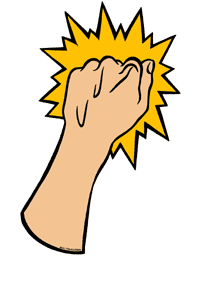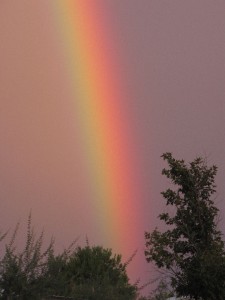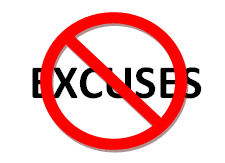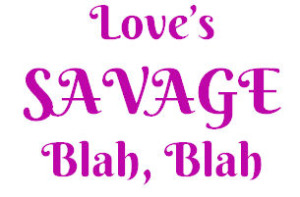 Here at Indies Unlimited, we often engage in discussions about the advantages and disadvantages of being an indie versus being published by a traditional house. Just recently I talked about one major aspect, having control over the look and feel of a book. We’ve also discussed getting better royalties and having the flexibility to be instantly responsive to prices, trends, and sales.
Here at Indies Unlimited, we often engage in discussions about the advantages and disadvantages of being an indie versus being published by a traditional house. Just recently I talked about one major aspect, having control over the look and feel of a book. We’ve also discussed getting better royalties and having the flexibility to be instantly responsive to prices, trends, and sales.
But what happens when a traditional publisher wants your book?
I’ve done some thinking about this. I was lucky enough to have been inside the ropes of the traditional publishing process for the first few years of my writing career. I’ve also had some *ahem* experience with scammers and vanity presses. I’ve made a lot of mistakes and learned a lot of lessons. If a traditional publisher approached me now, my response would be very different than it was the first time. Continue reading “When Traditional Publishing Comes Knocking”

 I got to thinking about why we writers write. Why we publish. I was actually watching golf. I know, most people would rather watch paint dry. Bear with me. Jim Furyk, a compatriot Arizona golfer, has played twenty tournaments this year, and has been in the top 25 a total of seventeen times. Ten of those times he’s finished in the top 10, and he’s had three 2nd place finishes, but he has not won at all this year. He’s won a ton of money, yet I have a feeling that it all pales next to that big goose egg in the win column.
I got to thinking about why we writers write. Why we publish. I was actually watching golf. I know, most people would rather watch paint dry. Bear with me. Jim Furyk, a compatriot Arizona golfer, has played twenty tournaments this year, and has been in the top 25 a total of seventeen times. Ten of those times he’s finished in the top 10, and he’s had three 2nd place finishes, but he has not won at all this year. He’s won a ton of money, yet I have a feeling that it all pales next to that big goose egg in the win column. Our Fearless Leader, Stephen Hise, recently was featured on a blurb.com blog talking about
Our Fearless Leader, Stephen Hise, recently was featured on a blurb.com blog talking about  Control: I believe that is the best aspect of self-publishing. Sure, in the discussions that rage endlessly across the internet about trad-publishing vs. self-publishing, the major issue always seems to revolve around money. Yes, we get better royalties when we self-pub. When my first book was published by a NY house, my royalty rate for the first 100,000 books sold was ten cents per book. You read that right: ten cents. After that, it “jumped” to twenty-five cents.
Control: I believe that is the best aspect of self-publishing. Sure, in the discussions that rage endlessly across the internet about trad-publishing vs. self-publishing, the major issue always seems to revolve around money. Yes, we get better royalties when we self-pub. When my first book was published by a NY house, my royalty rate for the first 100,000 books sold was ten cents per book. You read that right: ten cents. After that, it “jumped” to twenty-five cents.